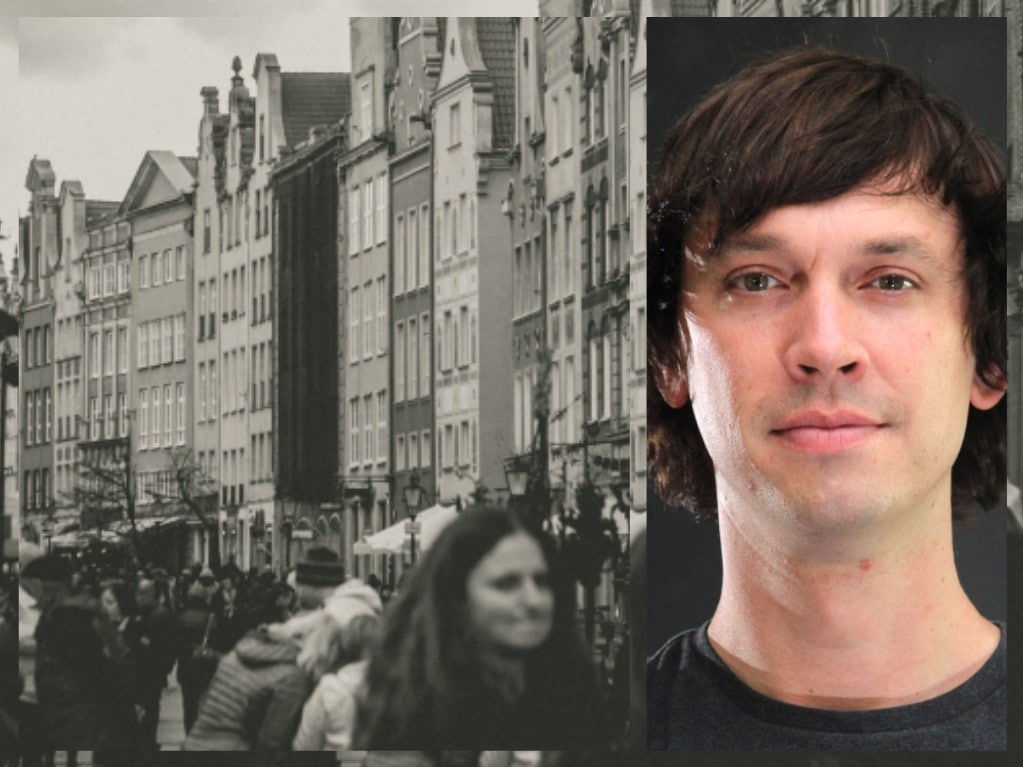Related Articles
Jesus in the Secular World #1: Understanding Global Secularization Webinar
Description: Global secularization, a trend closely tied to the globalization of culture among urban youth, presents a unique challenge to missions worldwide because of the large cultural gap that exists between the Church and secularized society.
Man’s Lost Condition
Man’s lost condition starts with the Fall. Subsequent to the Fall, Adam hid himself from the presence of the Lord God among the trees of the garden. The precious fellowship between man and God was broken. With the break of fellowship, man became lost. Adam’s lost condition, which implied both spiritual and physical death, was mysteriously imputed to posterity.
From Unhealthy Dependency To Local Sustainability
Presented by: Jean A. Johnson, Executive Director of Five Stones Global Description: It takes a great amount of intentionality to create a culture of dignity,…
Welcoming the Stranger
Presenter: Matthew Soerens, US Director of Church Mobilization, World Relief Description: Refugee and immigration issues have dominated headlines globally recently. While many American Christians view these…
Identity, Security, and Community
By Dick Brogden Jeddah, KSA. November 2019 Synopsis: God is light and in Him there is no darkness at all (1 John 1:5). It is…



